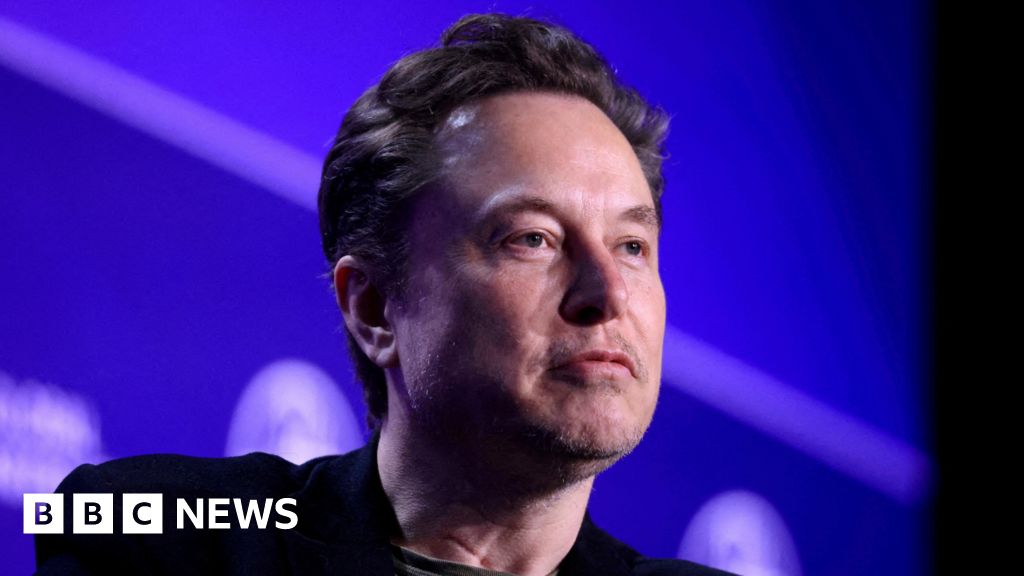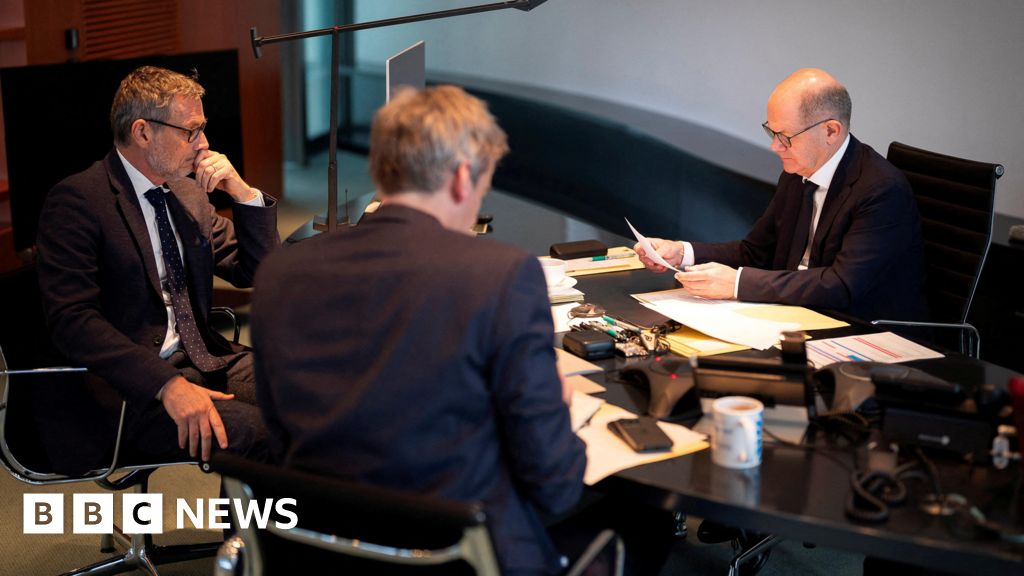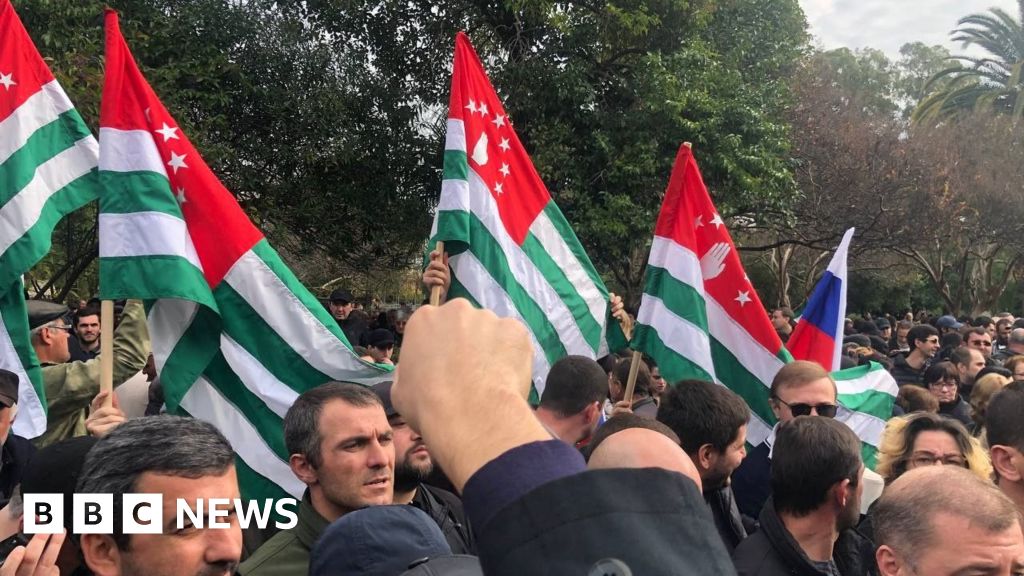ARTICLE AD BOX
Sudan's coup leader Gen Abdel Fattah al-Burhan has said the military seized power on Monday to prevent "civil war".
He added that the deposed Prime Minister Abdalla Hamdok was being kept at the general's house "for his own safety" and would be allowed home soon.
Protests are continuing for a second day in the capital, Khartoum, with roads, bridges and shops closed. Phone and internet links are also disrupted.
At least 10 people are reported to have been killed since the unrest began.
"The dangers we witnessed last week could have led the country into civil war," he told a news conference.
"The prime minister was at his house but we feared that he will be harmed and he is now with me in my house.
"I was with him last night...and he is going about his life...he will return to his home when the threats are over."
Gen Burhan said he had dissolved civilian rule, arrested political leaders and called a state of emergency as political groups had been inciting civilians against the security forces.
The coup has drawn global condemnation. The US, the UK, EU, UN and African Union, of which Sudan is a member, have all demanded the release of all arrested political leaders which includes members of Mr Hamdok's cabinet.
Since Monday, troops are reported to have been going house to house in Khartoum arresting local protest organisers.
The city's airport is closed and international flights are suspended.
Staff at the country's central bank have reportedly gone on strike, and across the country doctors are said to be refusing to work in military run hospitals except in emergencies.
Image source, AFP
Image caption, Protesters have been chanting slogans against the militaryCivilian leaders and their military counterparts have been at odds since long-time ruler Omar al-Bashir was overthrown in 2019.
An agreement between civilian and military leaders was designed to steer Sudan towards democracy but has proven fragile with a number of previous coup attempts, the last just over a month ago.
Gen Burhan, who was head of the power-sharing council, said Sudan was committed to the transition to civilian rule, with elections planned for July 2023.
Are you in Sudan? Tell us about your experience of recent events by emailing: haveyoursay@bbc.co.uk.
Please include a contact number if you are willing to speak to a BBC journalist. You can also get in touch in the following ways:
If you are reading this page and can't see the form you will need to visit the mobile version of the BBC website to submit your question or comment or you can email us at HaveYourSay@bbc.co.uk. Please include your name, age and location with any submission.

 3 years ago
64
3 years ago
64








 English (US)
English (US)